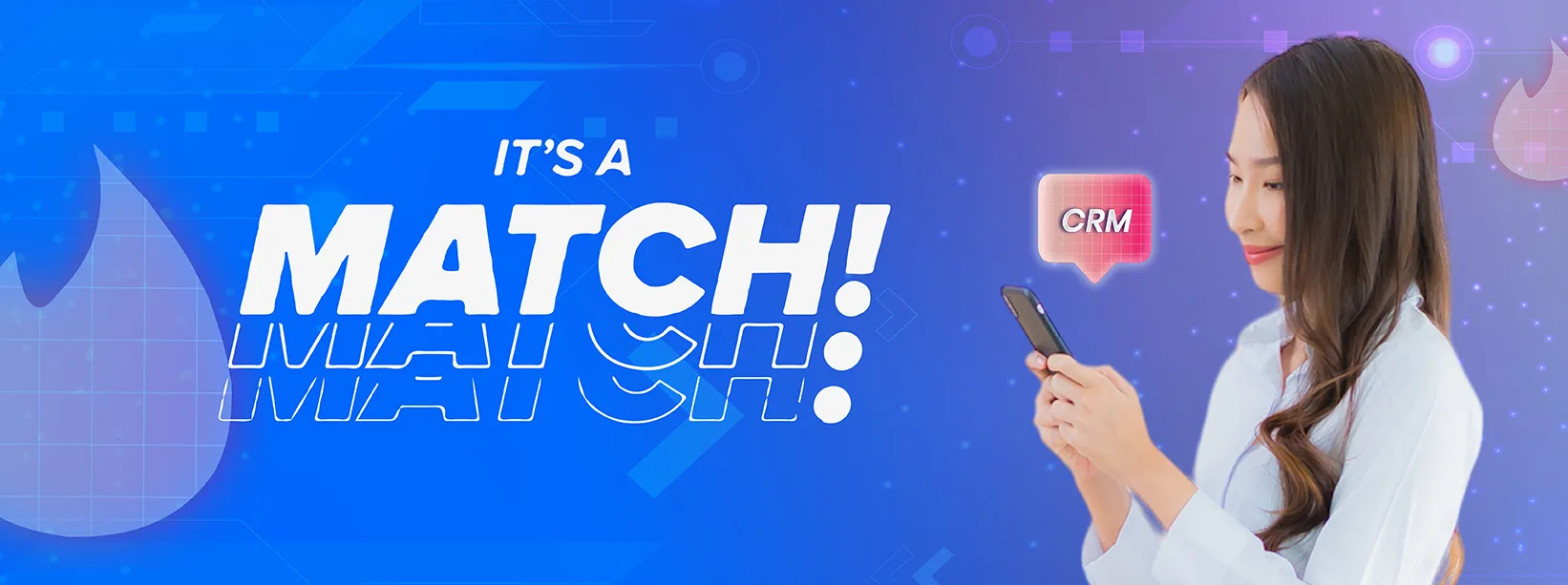Adviters Tech Insights: A summary of the highlighted news in technology
IBM announces its first quantum data center in Europe, the second in the world.
The data center will be located at IBM’s facilities in Ehningen, Germany, and will serve as IBM Quantum’s European cloud region. The center is expected to be operational in 2024, featuring multiple IBM quantum computing systems, each with utility-scale quantum processors of over 100 qubits.
WWDC 2023: Apple unveils Vision Pro, its mixed reality glasses.
Priced at $3,499, they will be available early next year in the United States (the company did not provide availability details for other locations). With Vision Pro, users can see through their eyes. By using these glasses, digital content merges with the user’s surrounding space. According to Apple, the device is controlled through eye and hand movements.
Brussels wants digital platforms to identify AI-generated content to combat misinformation.
The European Commission is concerned about the potential «dark side» of new technologies, especially generative AI, and is working to address the potential negative effects of generative AI until legislation comes into effect in the EU, likely in 2026.
Vera Jourová, Vice President of the European Commission for Values and Transparency, has proposed that signatories of the code against disinformation who incorporate generative AI into their services establish the necessary safeguards to prevent «malicious actors» from using their systems «to generate disinformation.»
Additionally, signatory companies must create technology that «recognizes» this type of content in their systems and «clearly indicates to users» that it has been created not by a person but by a machine, by displaying a label warning about AI-generated content.
WhatsApp introduces Channels, an additional way to receive information about topics of interest.
Broadcast channels are a tool similar to those used by other applications, allowing users to follow topics of their interest. They will be located in the same tab as statuses, enabling easy access. It is specifically designed to transmit messages from one-to-many, rather than individual conversations.
Google’s 5 tools to improve the experience for people with disabilities.
Google has developed five AI-based tools to enhance the experience for people with disabilities. Among the different improvements and inventions that were launched, the following stand out:
- Instant captioning: Google will expand the reach of this tool to more products. As the name suggests, it generates real-time text captions for video audio.
- Error correction in the Chrome address bar: Currently, when typing a website address or name in the browser bar, it must be typed correctly, and there is no correction by Google. With the new update, if there is an error in the typing, Chrome will suggest websites based on the user’s history or similarity to the input.
- Place descriptions in Google Maps: With the new update, the application will indicate if a chosen location is wheelchair accessible through the blue wheelchair icon.
- Image descriptions: Google has developed a new feature called «image question and answer» that processes images, whether or not they have captions or alternative text, and provides a description of the image so that people can use their voice or keyboard to ask questions and obtain more detailed information.
- Updates for Wear OS: Google has developed new features for its Wear OS smartwatch operating system that improve accessibility for people with hearing and visual impairments.






